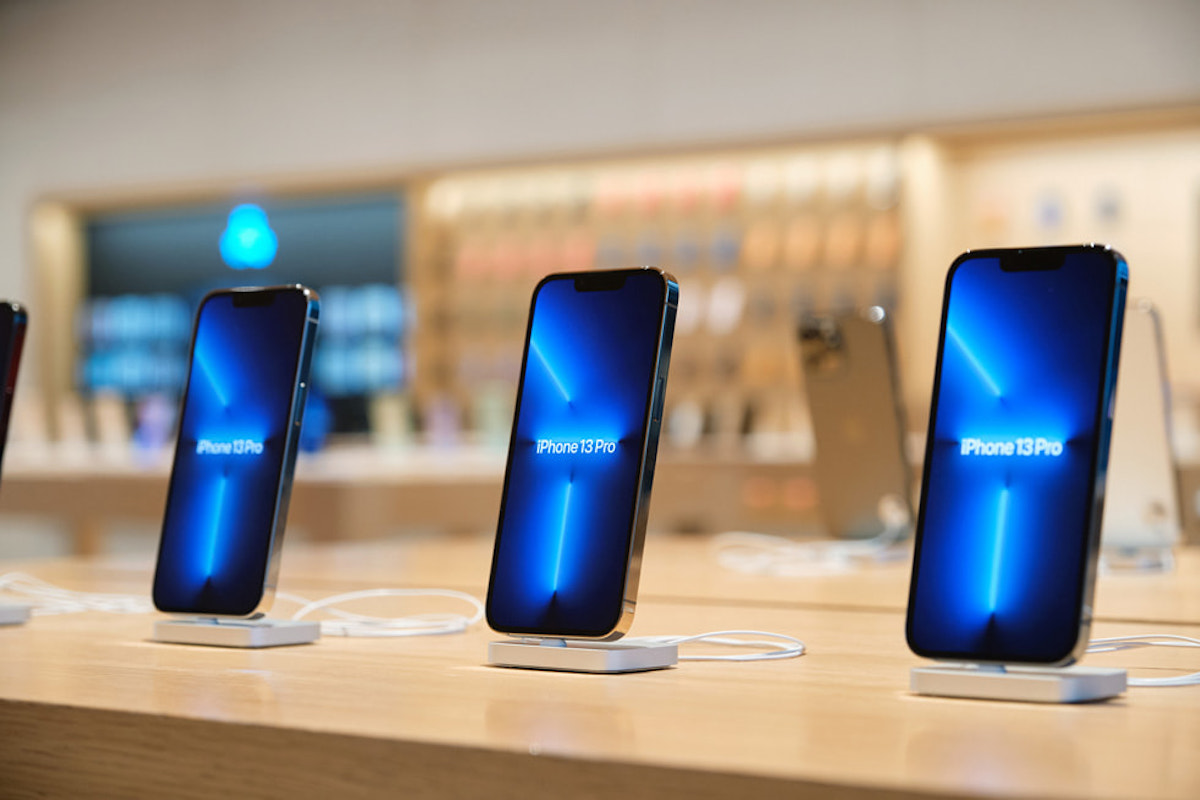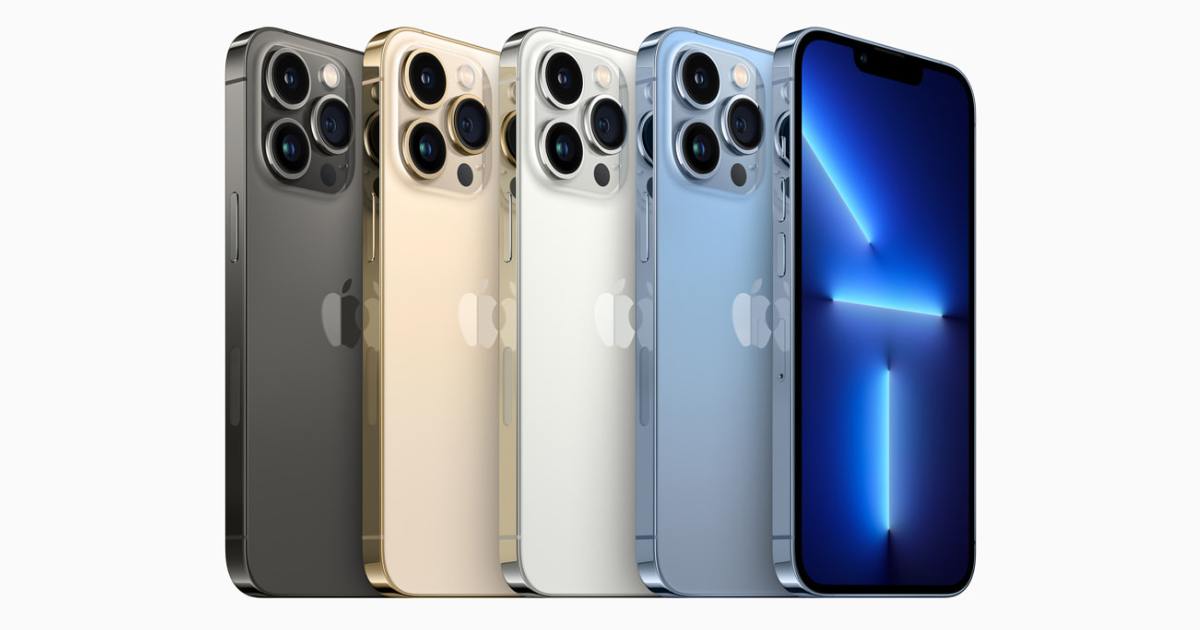A survey conducted by JP Morgan’s lead analyst, Samik Chatterjee reveals that iPhone 13 Pro and iPhone 13 Pro Max are consumers’ preferred models who are looking to upgrade or switch to a new iPhone. The survey was based on a questionnaire sent to consumers in U.S, UK, and China and amongst them, 201 were iPhone owners, and 313 owned an Android smartphone.

Based on the survey, in his new note to investors (obtained by AppleInsider) Chatterjee detailed that 65% of iPhone users were willing to upgrade to a new iPhone and 50% of Android users were looking to switch to an iPhone. But consumers’ interest in upgrading or switching to a new iPhone was lower in the U.S than in UK and China. This gives some color to earlier surveys conducted in the U.S that showed over 64% of users were not impressed with the latest iPhone 13 series, while pre-orders of the new flagship series exceeded 5 million in China.
Performance and iPhone 13 Pro Max’s larger display attract the majority of upgraders and switchers to buy a new iPhone
As per the report, upgraders and switchers are impressed by the performance of the new iPhone 13 series. And out of all the models, iPhone 13 Pro Max is the majority chosen model because of its larger display.
In the United States, upgraders most sought-after iPhone 13 features are the camera (22%), 5G (19% ), and performance (16%). In the UK, 19% said they always upgraded and 18% said the performance was the key feature. In China, 22% said performance, and 17% said 5G were factors to upgrade. In the U.S, Canada, and China most Android switchers said the performance was the key factor to purchase the new iPhone.

Furthermore, upgraders in U.S, UK, and China said they plan to buy the iPhone 13 Pro Max while the switchers were divided between iPhone 13 Pro and Pro Max models.
Like earlier reports, JP analyst also states that iPhone 13 series is consumers chosen high-end smartphone lineup in the absence of competition. Android manufacturers are facing supply and demand challenges due to the prevailing global chip crisis.